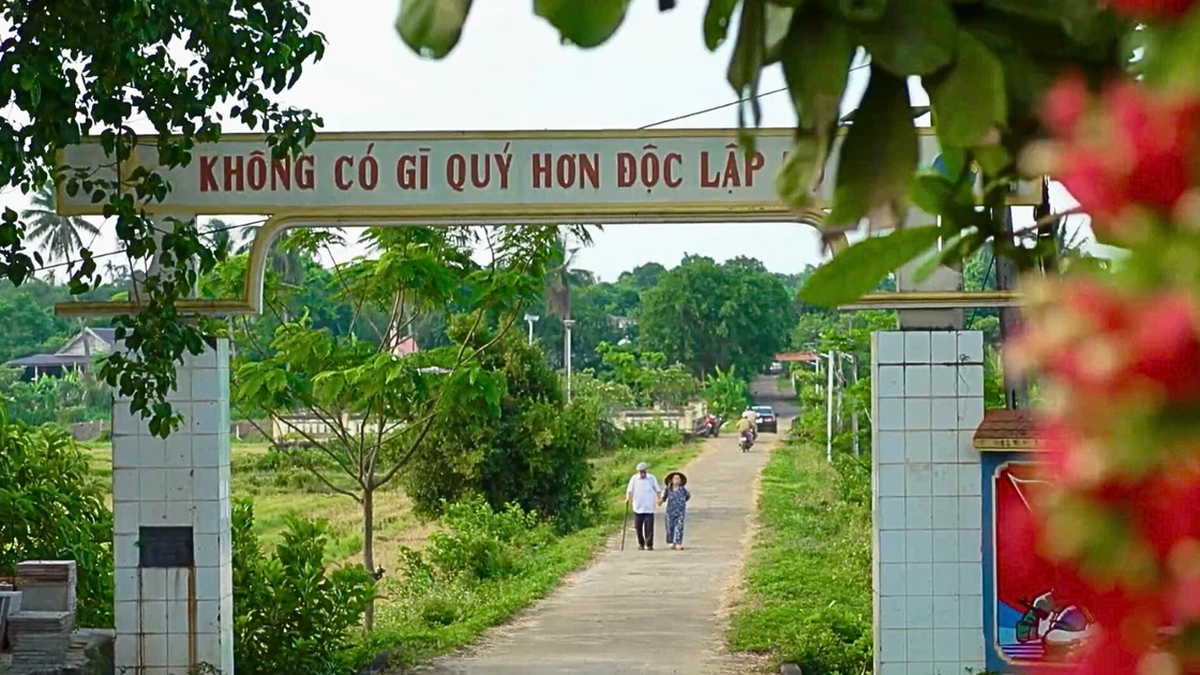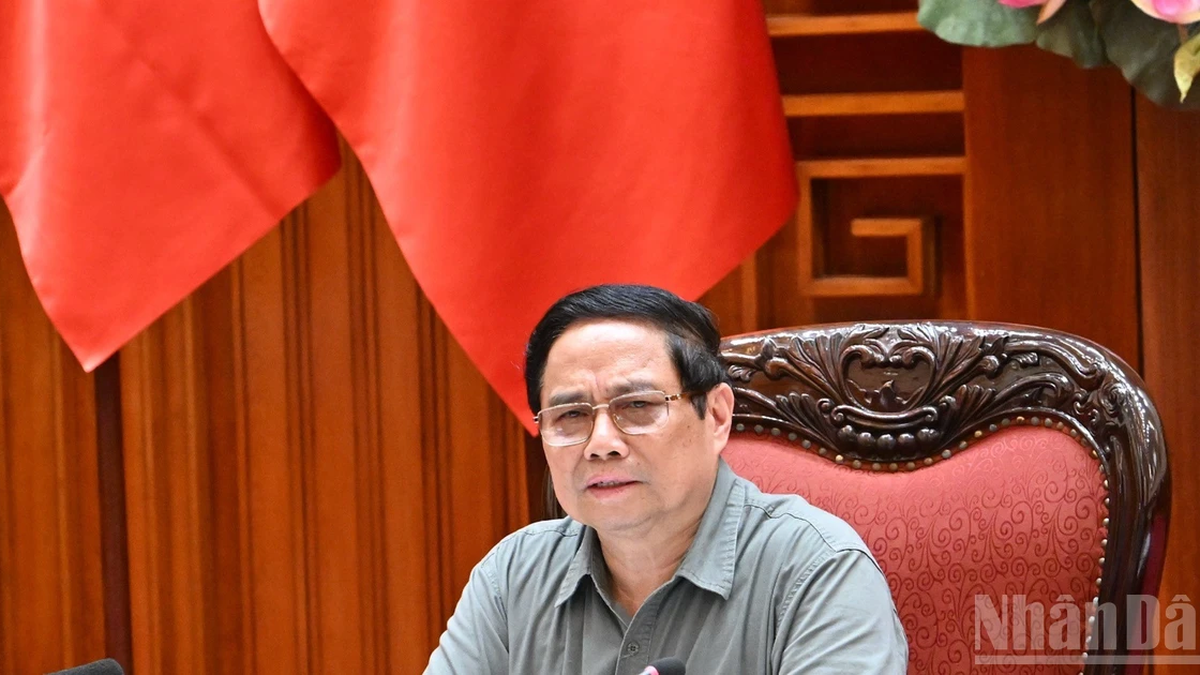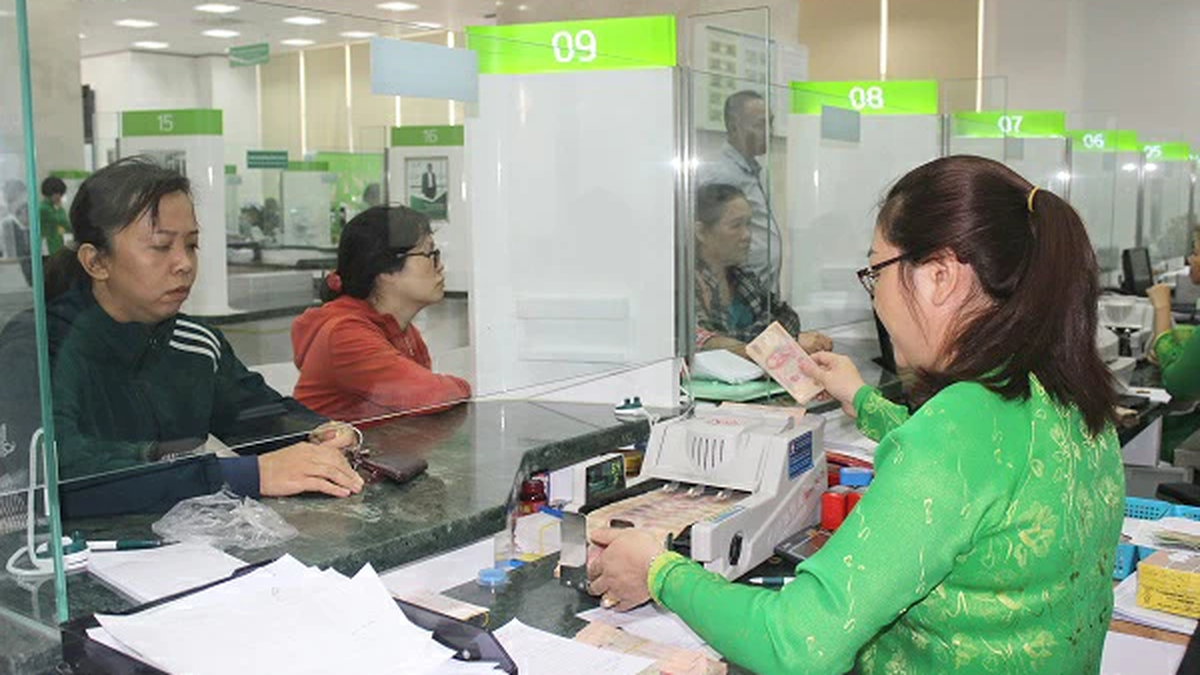(CPV) - To prevent budget losses and ensure strict implementation of tax laws, the General Department of Customs has directed local customs departments to strengthen the review of enterprises showing signs of tax risks. This requirement focuses on enterprises with tax arrears or violations in the use of duty-free goods.
 |
| Illustration photo (Photo: MP) |
The General Department of Customs requires provincial and municipal customs departments to comprehensively review the tax debt status and other revenues of enterprises, especially those that have received value-added tax refunds from 2020 to August 2024. According to statistics, many enterprises in this group have changed their tax code status to "not operating at the registered address," temporarily suspended business or are carrying out tax code closure procedures but still have unpaid tax debts.
In case of detecting enterprises with tax debts, customs authorities are directed to apply recovery measures according to the provisions of the 2019 Tax Administration Law and Decree No. 126/2020/ND-CP to ensure that this tax amount is fully recovered, avoiding losses to the state budget.
In addition, the review also helps to promptly detect and prevent acts of intentionally taking advantage of the unclear legal status of enterprises to evade tax liability.
Another important content emphasized by the General Department of Customs is to check the situation of using tax-free imported goods, especially projects enjoying investment incentives as prescribed in Clause 11, Article 16 of the Law on Export Tax and Import Tax.
According to regulations, tax-free imported goods to create fixed assets must be used for the purposes registered in the project dossier. In case an enterprise is found to have changed the purpose of using the goods without re-declaring a new customs declaration or not fulfilling its tax obligations, the customs authority has the right to determine taxes and apply penalties according to the provisions of law.
In particular, the General Department of Customs requires inspection of cases where tax-free goods are pledged or mortgaged by enterprises to borrow capital from credit institutions. If a credit institution has to dispose of mortgaged assets to recover debt, this organization is responsible for paying the tax that has not been fully paid. This provision is clearly stated in Clause 8, Article 17 of Decree No. 126/2020/ND-CP, to ensure that tax obligations are not missed even when assets are disposed of.
The General Department of Customs also directed local customs departments to conduct a comprehensive review of import records of duty-free goods, projects that have enjoyed investment incentives, and actual use of these items. Violations, such as misuse of duty-free goods without declaration or payment of additional taxes, will be severely punished.
This control is aimed at preventing acts of taking advantage of tax exemption policies, ensuring fairness in tax obligations and contributing to strengthening the management of national resources. Strict inspection measures also help improve the efficiency of budget collection, minimize losses and create a transparent and fair business environment./.
Source: https://dangcongsan.vn/kinh-te/hai-quan-tang-cuong-kiem-soat-doanh-nghiep-co-dau-hieu-rui-ro-ve-thue-685334.html



































































































Comment (0)